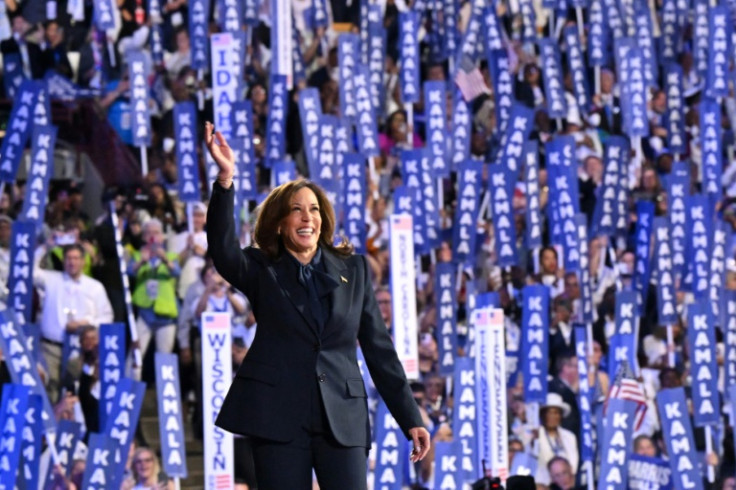Harris Proposes Smaller 28% Capital Gains Tax, $50K Tax Deduction For Small Businesses

Positioning herself as a champion of the middle class, Vice President and Democratic presidential nominee Kamala Harris has suggested a smaller increase in capital gains tax of 28% on households with an annual income of $1 million or more.
She also proposed a $50,000 tax deduction for small businesses toward startup expenses, which is 10 times more than the current tax break.
In the 2025 fiscal year budget, President Joe Biden had proposed raising the maximum tax rate on long-term assets from the current 20% to 39.6%, reported CNBC.
"We will tax capital gains at a rate that rewards investment in America's innovators, founders and small businesses," Harris said while addressing a rally in New Hampshire.
Her proposal to smaller hike in tax increase for capital gains is different from the Republicans who typically do not favor any tax increases on capital.
Although Harris had consistently supported Biden's business proposals, his aggressive stance against big corporations had been disapproved of by many, including the Democratic Party.
"I don't think a blanket tax on unrealized gains is a good thing," Rep. Ro Khanna, D-Ca., stated.
Khanna's comment referred to the taxes on potential gains an asset accrues before being sold, a policy Biden supports. However, Harris has not indicated any plans to deviate from Biden's proposal, which would tax unrealized gains for households with a net worth of at least $100 million.
Meanwhile, Harris' suggestion to raise tax deduction for small businesses from $5,000 to $50,000 is part of her plan to show support to "business incubators," in addition to awarding more federal contracts to small businesses and giving greater access to venture capital, The Hill reported.
Harris pointed out her recommendation on lowering the cost of starting new businesses would help achieve her target of about 25 million new small business applications filed by the end of her first term. She added that it was the small businesses that employed a large section of the private sector.
"As president, one of my highest priorities will be to strengthen America's small businesses," Reuters quoted Harris.
According to the Small Business Administration data, a record number of 5.5 million new business applications were filed in 2023.
While Harris' plans were aimed at supporting small businesses, her Republican opponent and former President Donald Trump has been countering her record to post himself as the most suitable to handle U.S. economy.
"Trump cash versus Kamala crash. We're going to have a crash like 1929 if she gets in. It will not be pretty," Trump stated in a video posted on Truth Social.
Harris also supported minimum tax cut for billionaires arguing that it is not right that those who can afford pay less tax than teachers or nurses.
Harris now leads Trump by seven points in a poll conducted by the University of New Hampshire Survey Center. New Hampshire has mostly elected a Democratic candidate since 1992, except for President George W. Bush's win in 2000.
© Copyright IBTimes 2025. All rights reserved.





















